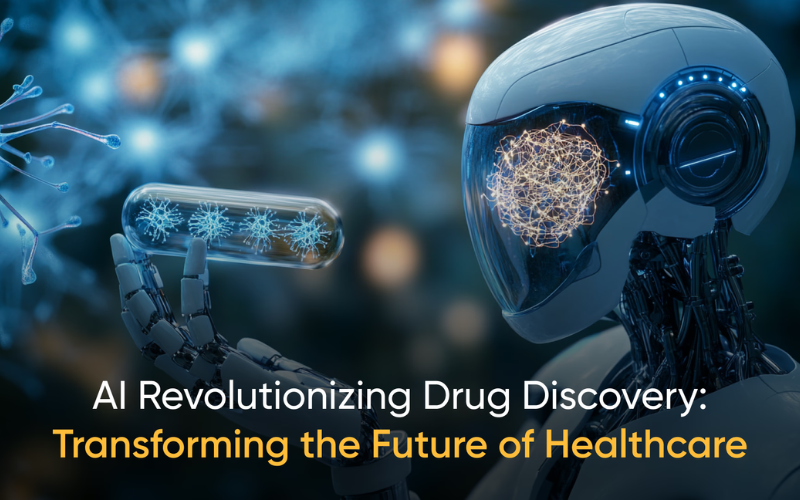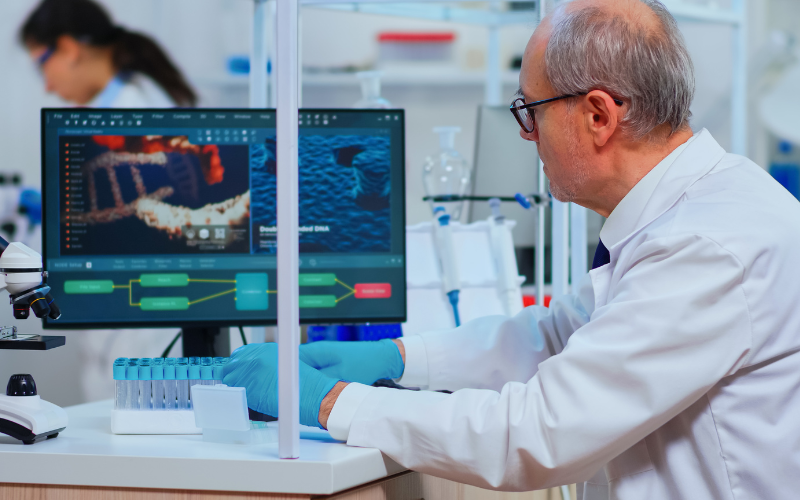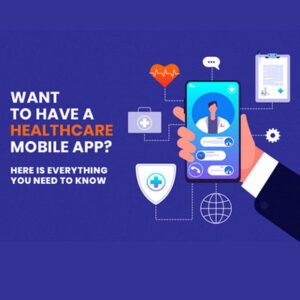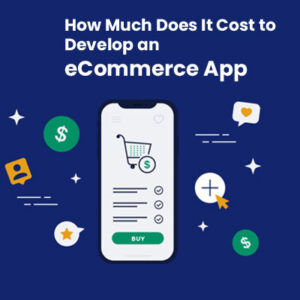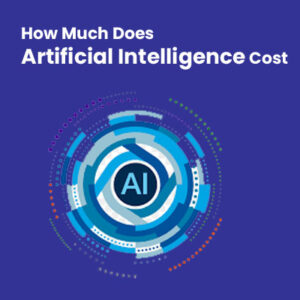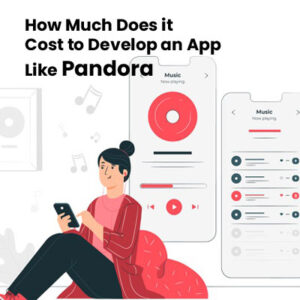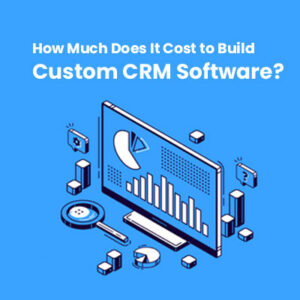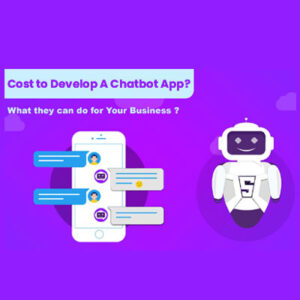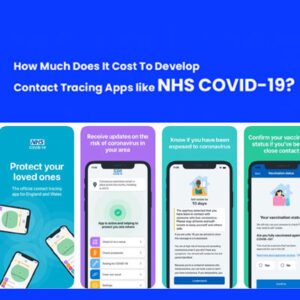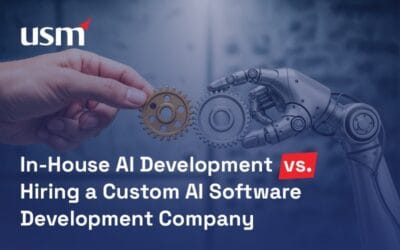How Generative AI Speeds Up Drug Discovery and Development?
How Generative AI Speeds Up Drug Discovery and Development?
Pharmaceutical drug discovery and development have long been a laborious, difficult, and expensive process. It can take over a decade, from discovering a drug target to approval by the regulatory authorities, and cost over billions of dollars. Recent advances in Generative AI (Gen AI), a form of Artificial Intelligence (AI), can generate new information based on patterns in existing data and revolutionizing the entire clinical process.
By replicating human imagination and processing big data sets, generative AI applications can propel every step of the pharma pipeline, from molecule design to clinical trials. Let’s take a look at how Generative AI transforming the drug discovery and development industry in 2025 and beyond.
The Role of Generative AI in Pharma
Generative AI systems in pharma are large language generative models, like Generative Adversarial Networks (GANs), which are capable of generating new content, such as, molecular structures, protein sequences, or even scientific hypotheses. Generative AI models can be applied in drug discovery to:
- Predict novel drug-like molecules.
- Predict protein-ligand interactions.
- Generate synthetic biological data.
- Optimize molecular properties (solubility, bioavailability, etc.)
Moreover, the Generative AI models can create new possibilities rather than just decoding available information, transforming traditional R&D pipelines.
Top Use Cases of Generative AI In Pharma
- Target Identification and Validation
Pharmaceutical discovery starts with the identification of a biological target, a protein or a gene, usually disease-causing. The interaction of the target needs to be validated and the structure known.
Generative AI assists with:
- AI models such as GPT extract insights from biomedical literature for predicting novel disease-gene associations.
- AI synthesizes genomic, proteomic, and clinical information to make new disease mechanism predictions.
- AlphaFold and other tools predict protein structures to speed up structure-based drug discovery.
- Drug Design Recommendations
Pharmacists used to sketch molecules by hand based on rules provided. Generative models such as VAEs, GANs, and transformer models can:
- Synthesize molecules that would be bound to a target site with desired properties.
- Optimize for many properties in parallel (e.g., activity, toxicity, solubility).
- Generate virtual libraries of drug-like molecules at scale.
For instance, Insilco Medicine created a cure for idiopathic pulmonary fibrosis through generative AI in 18 months, which would have been done in 3–5 years otherwise.
- Lead Optimization
After potential drug candidates are discovered, they are then optimized to work better. The chemical structure is modified to optimize pharmacokinetics (absorption, distribution, metabolism, excretion) and reduce toxicity.
Generative AI models can:
- Model chemical modifications and predict the impact
- Use reinforcement learning to efficiently search chemical space.
- Propose modifications that increase binding affinity or decrease off-target activity.
- Scientists can select only the most promising candidates, with less expenditure and time.
- Predictive Toxicology and ADMET Profiling
Inadequate ADMET properties (Absorption, Distribution, Metabolism, Excretion, and Toxicity) are a leading reason why drugs fail. Failing to predict these profiles upfront is costly failure later.
Generative AI assists by:
- Training predictive models on vast toxicology databases.
- Modeling the activity of a compound in the human body.
- Hypothesizing fewer toxic analogs of promising leads.
This avoids inappropriate candidates early on and redirect resources into safer, more promising molecules.
- Synthetic Route Planning
Once a molecule is designed, the molecule needs to be synthesized in the lab. Generative AI speeds up drug discovery by creating effective, cost-saving chemical synthesis routes for new compounds. Generative models can:
- AI models propose new reaction routes for complex molecules.
- Forecasts best reagents and conditions to enhance yield and safety.
- Minimizes trial-and-error in lab synthesis, conserving time and resources.
This speeds up the process from virtual molecules to real samples, skipping months of bench work.
- Biological Data Generation and Augmentation
Preclinical and clinical trials are generally not balanced or data-rich. Generative AI has the capability to generate new biological data, such as,
- Simulated patient cohorts for rare diseases.
- Synthetic gene expression profiles.
- Augmented image data for training diagnostic models.
For example, GANs can produce synthetic cell images or synthetic MRI scans based on just a few real samples used for model training. This accelerates model construction in AI drug discovery and diagnostics.
- Clinical Trial Design and Optimization
Even after a lead candidate has been put into clinical trials, generative AI can be helpful, and AI assists in numerous ways:
- Generation of control arms from real-world data.
- Estimation of patient response from genomic and demographic information.
- Identification of optimal dosing regimens and choice of biomarkers for stratifying patients
Reducing the trial duration, raising the success rate, and even customizing the treatments in precision medicine application scenarios is possible with it.
- Knowledge Extraction and Decision Support
Biomedical knowledge doubles every few months. There is no human team capable of keeping up with all this. Generative AI models such as ChatGPT can:
- Summarize recent literature.
- Suggest ideas for new research.
- Support scientific writing and regulatory reporting.
Real-World Impact and Case Studies
Generative AI is already having an impact for other bio techs with stunning outcomes:
- Insilico Medicine: Applied generative models to design IPF drug candidates in days.
- Exscientia applied AI to design drugs that were in human trials within a year.
- Atomwise: Applies deep learning for predicting molecular binding to discover hits at scale.
- Recursion: Applies generative models and high-throughput imaging to select new drug candidates.
Pharma industry leaders like Pfizer, Roche, and Novartis are making significant investments in AI-designed drug discovery platforms, partnering with AI startups, and building in-house capabilities.
Challenges and Ethical Considerations
While promising, generative AI for drug discovery is challenging:
- Data Quality: AI will be as good as training data. Biomedical data could be noisy or biased.
- Interpretability: Some AI-generated compounds will be effective, but the mechanism is unknown.
- Compliance with regulation: The AI-driven approaches will have to be explainable according to the FDA and EMA regulations.
- Ethics Problems: Both SynBio and molecule design impose double-use hazards (e.g., biosecurity).
These will have to be handled by coordinating among scientists, ethicists, regulators, and AI engineers.
Future Outlook of Generative AI in Pharma
It only just began rolling out generative AI in drug discovery. Gen AI models in the future can,
- Shorter turnaround from concept to clinic.
- Enhance success with improved early prediction of diseases.
- Dynamically customize drug development pipelines.
Entire drug development pipelines can be modeled on a computer in advance before one ever creates a molecule in the future.
Conclusion
Generative AI is revolutionizing pharma drug discovery and development with speed, precision, and innovation. From new molecule invention to the optimization of clinical trials, Gen AI’s impact in drug discovery and development is incredible. USM Business Systems, a top AI development company build LLM models that meet your unique needs. Get in touch!
